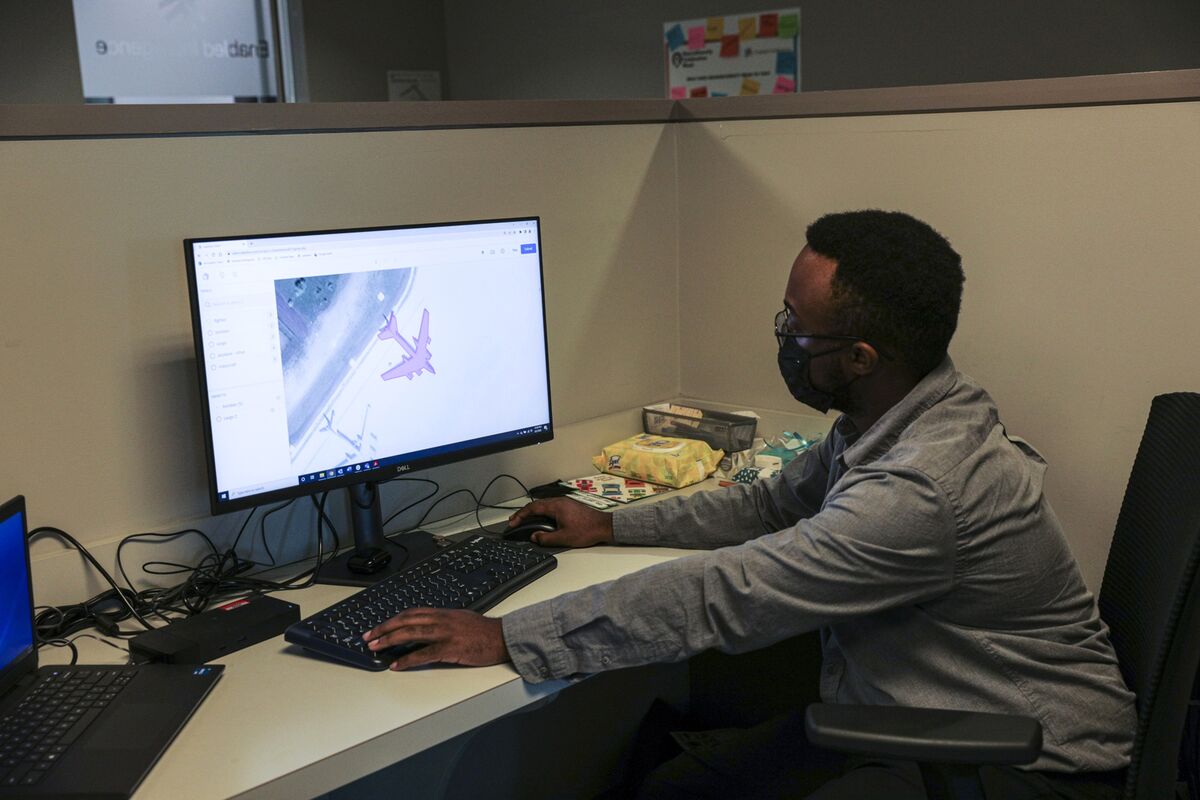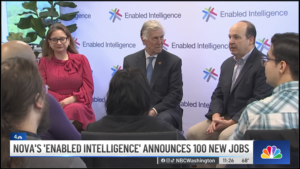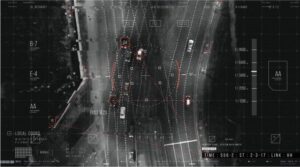Many of our customer are often surprised to learn that over half of EI’s workforce is neurodiverse, i.e. persons with a cognitive diagnosis such as autism, ADHD, and dyslexia. This is no accident: leveraging the talents of neurodiverse individuals is central to how EI creates highly accurate, unbiased, and precise AI training data and software.
All AI models and technologies “learn” from training data that must be first curated and annotated by someone. The quality of the training data in terms or accuracy, bias, precision, and comprehensiveness are key to AI technology performance. Many of the failures and problems of AI technologies from mistaken detections, hallucinations, and bias start with them being trained on sub-par training data. As the adage goes, “garbage in, garbage out.” Even new training techniques leveraging model-assisted labeling and synthetic data generation still need a high-quality initial source of training data. So, while AI can automate and enable many things, the quality and usefulness of those AI tools still start with teams of people ensuring the AI is trained and tested on high quality, human reviewed data.
Enabled Intelligence uses an “expert-in-the-loop” approach to AI data labeling and annotation, which combines best-of-breed technology, such as model assisted labeling, with highly trained data analysts. From the beginning, EI recognized that using neurodiverse data analysts would be advantageous to the company — and for its partners and customers.
Neurodiverse Individuals and AI
Annotating raw data for AI technology and training AI algorithms for defense and intelligence community algorithms requires repetitive, detailed work, and skills such as pattern recognition, puzzle-solving and deep focus. Researchers have found neurodiverse people outperform neurotypical people in several skills, such as “spotting a pattern in a distracting environment,” a skill that is likely particularly useful in intelligence or on a battlefield. A recent RAND Corporation report found “Common strengths among the neurodivergent population include pattern recognition, analysis, visualization, problem-solving, memory, and achieving a state of hyperfocus to complete a project—skills that can be beneficial in many fields of interest to national security.
The strengths of neurodiverse persons have been recognized by foreign military organizations such as the Israeli Defense Force and used to their advantage. US businesses have been slower to take advantage of neurodiverse individuals, but, as a recent Bloomberg article highlights, this is changing thanks to firms such as Enabled Intelligence, which has made neurodiverse talent a core part of its business model – to the benefit of EI’s customers.
“Together with our US veteran subject matter experts, our neurodiverse data analysts can annotate geospatial imagery with high precision rates and low error rates. They can quickly and accurately tell the difference, for example between a Russian MIG, a Ukrainian MIG, and a Russian MIG painted like a Ukrainian MIG,” explains Lauren Bacon Smith, EI’s Chief People Officer. “This translates into better AI models and faster deployment of mission critical solutions for the warfighter.”
Want to learn more about how Enabled Intelligence trains and recruits neurodiverse individuals? Contact EI today.







